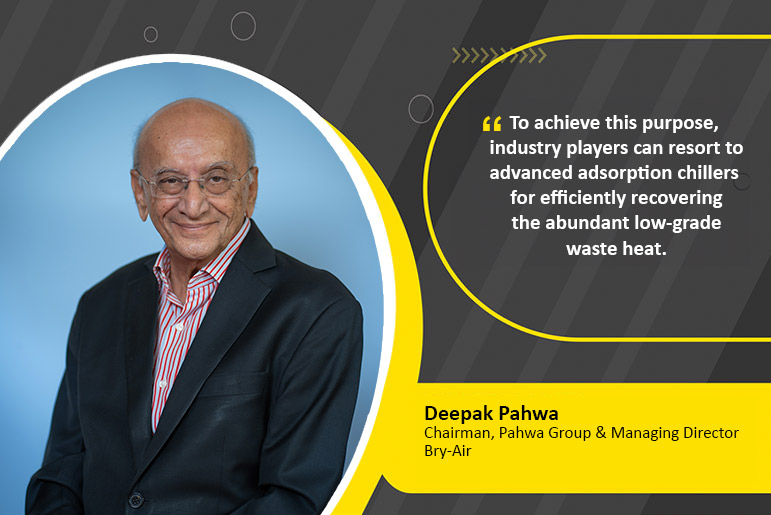Looking at the deteriorating state of the environment, in recent years the industries have been readily adopting sustainable practices for reducing the carbon footprint of their respective sectors. Rising to the occasion, even the automotive sector has joined the league to promote eco-friendly practices throughout the value chain of vehicles.
The sector is responsible for generating a lot of waste and releasing pollution at the time of vehicle manufacturing. It involves energy-intensive processes invariably leading to carbon emissions and contributing to global warming in the process. Moreover, looking at the bolstering prospects of the automotive sector, it is estimated to clock USD 300 billion by 2026, according to a report by the Economic Diplomacy Division. Progressing towards the goal, in March 2024 the industry registered a total production of 2,325,959 units vehicles encompassing passenger vehicles, three-wheelers, two-wheelers, and quadricycles.
As a result, while boosting the manufacturing capacity of vehicles, the sector needs to be more responsible than ever, as it is directly linked to a significant surge in the generation of pollution. Consequently, the sector can be at the forefront of promoting sustainable manufacturing practices by embracing energy-efficient solutions. Considering that the sector is a huge energy guzzler for driving the various manufacturing and cooling processes, it disseminates a lot of low-grade heat during welding and casting, paint shop, boiler, pneumatic air compressors and drying of ovens. Adding to the greenhouse gas emissions, the sector should work towards revving up its innovation for deploying heat recovery technologies. This can come in handy for serving the two-fold purpose of tapping wasted heat and meeting the huge electricity demand of the sector at the same time.
To achieve this purpose, industry players can resort to advanced adsorption chillers for efficiently recovering the abundant low-grade waste heat. Contributing to the creation of circular energy systems, the technology comes in handy for recycling waste heat and utilizing it to use for cooling applications and air conditioning systems throughout the manufacturing process. Compensating for the humongous electricity demand, it remarkably reduces the dependency on fossil-fuel-based electricity. Encouraging energy-smart green cooling, it offers an economical solution for mitigating the cost of cooling by 99% and in the meantime also aligns with the larger cause of natural resource conservation.
The adsorption chillers are further levelling up the sustainable offering by employing inert Silica Gel serving as adsorbent and likewise, water constituting the refrigerant. Water is a game changer, acting as a green substitute for other options available in the market, such as chlorofluorocarbons, hydrofluorocarbons, etc., responsible for the depletion of the ozone layer. Additionally, working in a vacuum, the technology offers noiseless solutions for entire manufacturing activity.
Therefore, adsorption chillers are a viable solution for driving the sustainability of the automotive sector while taking into account the unique challenges of the industry at the same time. It not only reduces the carbon footprint of the sector for curbing its environmental impact but also comes in handy for steering the productivity of manufacturing processes with energy-efficient solutions.
Pneumatic Screw Compressors in line after boiler before oven as low grade waste heat is also available from screw compressors in auto industry

